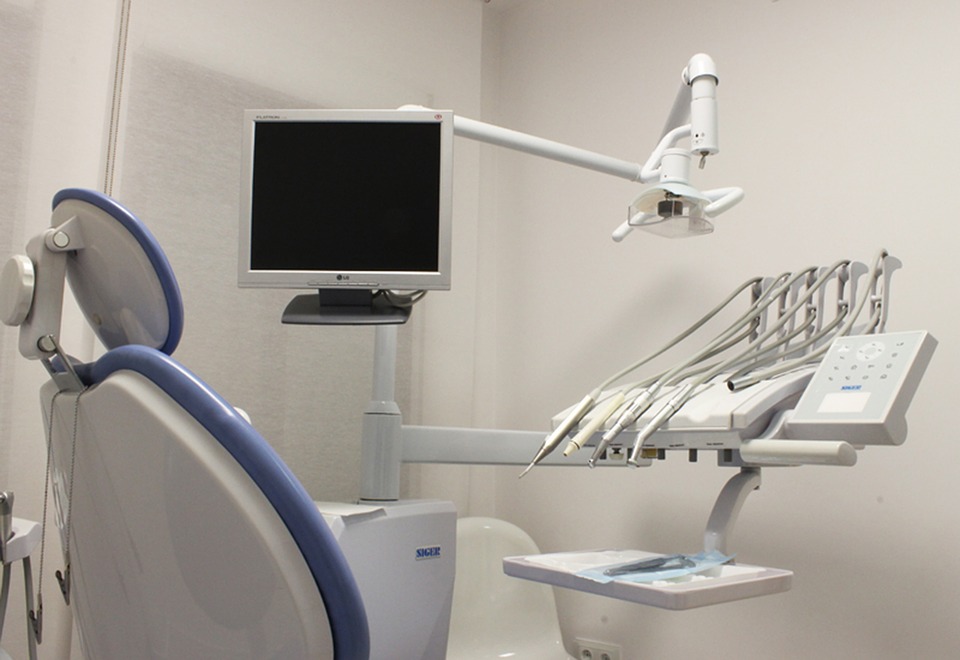People sometimes expect tooth loss and other dental problems to be the natural consequences of aging. In the past, people were resigned to accumulate cavities as they accumulated years. Up until recently, tooth preservation and decay prevention were secondary to repairing the damage already done to teeth. Now dentists are making great strides to make prevention the priority. The advancement of science has given rise to many dental practices that are aimed to prevent tooth damage and preserve your teeth, even in old age.

(Pixabay / Jobbeat)
There are various approaches today to preserve our teeth. It is common knowledge that a small cavity can lead to much bigger dental problems, but now there are different tactics for eliminating cavities in the first place. Small cavities can be recalcified, which rebuilds the enamel, essentially eliminating the need for a tooth filling.
Once a cavity requires filling, restoration, or a dental crown, it is then examined every few years to check on its integrity. If the dentist notices deterioration, remedial steps can be taken. These checkups are an important way for dentists to prevent damage that may be occurring under the surface.
Some other good practices that prevent tooth decay are as follows:
- Fluoride treatments – This is a good practice to ensure that a person will keep his or her teeth longer and stronger.
- Electric toothbrush – Manual toothbrushes still get the job done, but electric toothbrushes can help people brush using the proper technique and for the appropriate amount of time. Many electric toothbrushes come with a timer that helps you remember to brush for the recommended two minutes. Another type of electric toothbrush, the sonic brush, can also remove plaque and clean the hard-to-reach places in the mouth.
- Use of a night guard – This is for people who grind their teeth while asleep. Bruxism, or teeth grinding, is a significant contributor to tooth damage. With the help of a nightguard, the teeth will be protected.
- Proper hygiene products – Use toothpaste, mouth rinse, and other extra-care products that are recommended by your dentist.
- Consistent dental check-ups – A bi-annual visit gives your dentist the chance to check your teeth for the beginnings of any problems. It will be easier to address a dental issue when caught early.
Doing these things can help ensure that you will maintain healthy teeth into your advanced years.
When we smile confidently, we may feel that the world is perfectly beautiful. That’s why it is essential to take care of our teeth by daily brushing. Proper hygiene is necessary to avoid illnesses as well. Also, by visiting your dentist every six months may prevent you from any mouth infections.

![5 Ways to Prepare versus Repair Your Teeth [infographic] 5 Ways to Prepare versus Repair Your Teeth [infographic]](https://www.feltfamilydentistry.com/wp-content/uploads/2018/11/How-to-Preserve-Your-Teeth-As-You-Age.jpg)